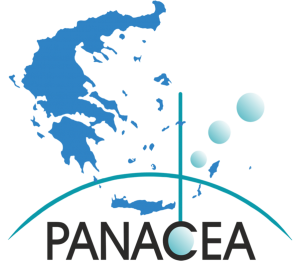Theory and practice of aerosol chemistry and engineering for climate, air quality, emissions and health effects
Aerosol particles are key components of the atmosphere and thus strong determinants of the climate at local, regional, and global scales. To understand how emissions by a number of natural and anthropogenic sources contribute to the atmospheric aerosol and to climate change we need to combine both in-situ and remote sensing observations with model predictions.
The objective of the summer school is to train young researchers on state-of-the-art instruments for determining the key properties of atmospheric aerosols, the tools for analyzing and interpreting the data, and the knowledge for putting those in the context of climate change. The summer school will be organized around lectures that will cover the basic theory followed by hands-on experience on:
- in-situ instruments for measuring the concentration, size and chemical composition of atmospheric particles,
- systems for probing the vertical distribution of the atmospheric aerosol, and
- new integrative approaches using models and observations for impact assessment.
The lectures and practical applications will be provided by a number of leading experts in the above 3 fields.
Course Registration fee: 300 EUR
Includes Accommodation, breakfast and lunch.
Payment of registration fee contact: HAAR Treasurer Georgia Kastrinaki georgiak@cperi.certh.gr
Accommodation for the attendees will be arranged from 6th to 12th of June at the Navarino environmental observatory premises.
Short applications containing name, affiliation, contact details and a CV (up to 2 pages) should be sent before 30th of April at:
Lia Papadaki, NOA, Athens, Email: liapap@noa.gr
Tel. 210 810 9122
Fax. 210 810 3236
- days
- hours
- minutes
- seconds

